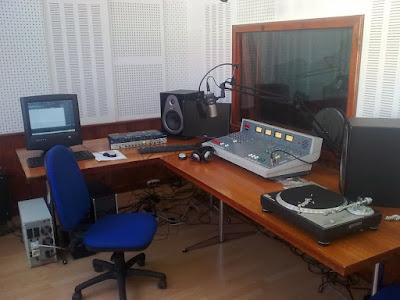
Case study: Greece
77. Since the monitoring procedures set up under the framework convention and the European charter do not formally apply to states that have not ratified them, these states escape scrutiny by the advisory committee (but they are monitored by other Council of Europe bodies). It is nevertheless most interesting to examine how these countries accommodate diversity, whether through minority policies with respect to recognised minorities or through a "non-discrimination" approach when minorities are not recognised, or by combining both approaches. In the context of this report, I therefore decided to visit one of these countries, namely Greece, which recognises only one minority on its territory. From 26 to 28 February 2009, I had a number of meetings in Athens, Thessaloniki and Florina (see the programme of the visit in Appendix III).
78. In its 2004 report on Greece, the ECRI noted, “persons wishing to express their Macedonian, Turkish or other identity incur the hostility of the population. They are targets of prejudices and stereotypes, and sometimes face discrimination, especially in the labour market”.24 In its 2009 report on Greece,25 the ECRI expressed concern about the situation of Roma, which suffer discrimination in particular in education, housing and employment.26 It also noted that the problem of the recognition of the identity of Macedonians and ethnic Turks, and in particular their right to freedom of association, remains. 27
79. Given that other reports of the Parliamentary Assembly’s Committee on Legal Affairs and Human Rights address the issue of the Muslim minority in Thrace (Eastern Greece), as well as the situation of Roma in Europe,28 I limited my focus to the contentious issue of the Macedonian community in Greece, which has, inter alia, also been recently dealt with, to various extents, by the Council of Europe’s Human Rights Commissioner and the United Nations independent expert on minority issues, Ms Gay McDougall. The latter also visited Florina in September 2008. 29
- The approach of the Greek Government
80. The Greek authorities recognise only one minority in Greece, namely the ‘Muslim’ minority in Western Thrace, by virtue of the Lausanne Peace Treaty of 24 July 1923. In this context, Greece was recently commended by various bodies, including the Parliamentary Assembly’s Committee on Legal Affairs and Human Rights,30 for a number of measures it had taken to enhance the rights of the Muslim minority in Greece. As regards others, Greece favours the approach to non-discrimination defined by European Union instruments.31
81. The Greek authorities have repeatedly denied the existence of any Macedonian minority in Greece and repeatedly referred to the hijacking of local culture by persons and groups which pursue political aims.
82. Despite the non-recognition of any other national or linguistic minority, the Greek authorities have acknowledged that in northern Greece there exist “a small number of persons who … use, without restrictions, in addition to the Greek language, Slavic oral idioms, confined to family or colloquial use”.32
83. During my visit, the Greek authorities stressed that Greek citizens who claim Macedonian identity are fully represented by a political party, which is free to participate in elections in Greece.
- Claims of representatives of the Macedonian community
84. First and foremost, I should stress that there has not been any ethnic violence in the Florina area. Greek society is pluralistic and open to diversity. Nevertheless, it seems that still today, persons who express and actively claim a Macedonian identity often come up against the resentment and even hostility of the authorities.
85. Members of the Macedonian community recognised that their situation had improved in the last 15 years, though they were still allegedly subject to individual acts of harassment and intimidation (at work, to get Greek citizenship, when crossing the border with the neighbouring country, for recognition of diplomas, for property issues or in religious matters). They ask the authorities to recognise their right to self-identification as well as the existence of a Macedonian national minority in Greece.














